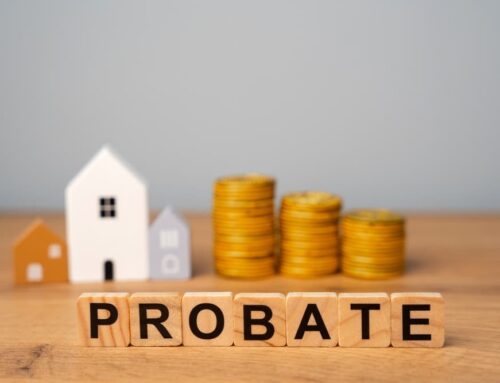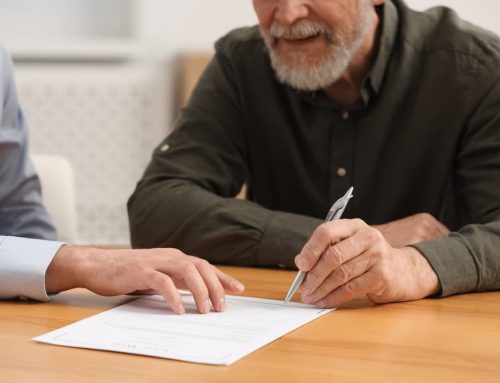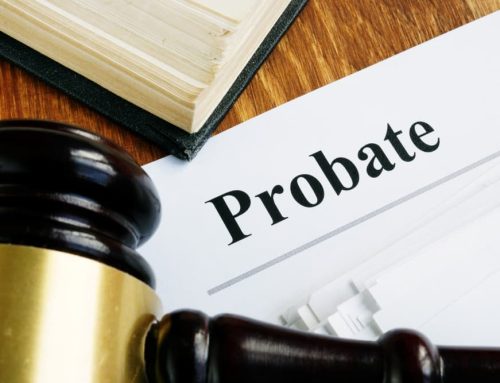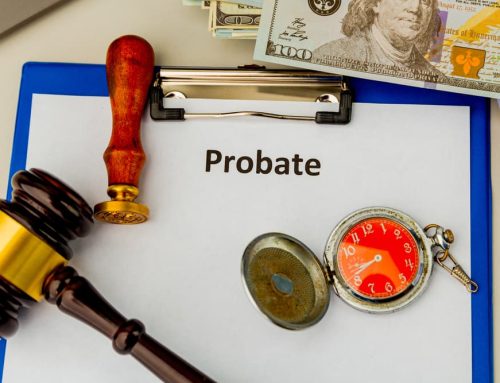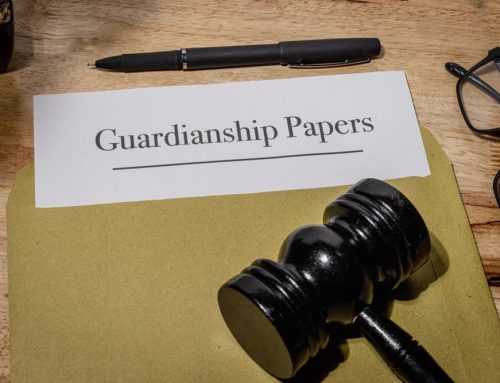How Do I Transfer a Deed After Probate in Florida?
How Do I Transfer a Deed After Probate in Florida?

Transferring property after probate in Florida is a crucial step in ensuring that a deceased person’s estate is properly distributed to beneficiaries. Probate provides a court-supervised process to validate the will, pay debts, and resolve claims, but the estate’s assets, especially real property, must be legally retitled to the heirs. Properly transferring a deed protects beneficiaries’ ownership rights, prevents future disputes, and ensures compliance with Florida law. This process involves understanding the types of deeds, required documentation, notarization, and recording with the county clerk. Working with a probate attorney can help streamline the transfer and safeguard legal ownership.
Key Takeaways
- Even as the probate process draws to a close, there are additional steps that you may need to take to complete property transfers
- You must have all of the necessary paperwork completed before you can transfer property as part of the probate process
- You may select from different types of deeds as a means of retitling property after probate
- An experienced probate lawyer can help you in all aspects of the process, both in probate itself and the immediate aftermath
The End Result of Probate: Retitling Estate Property
One of the main goals of probate in Florida is to ensure that the deceased’s assets are properly distributed and legally retitled to the beneficiaries. After a court supervises the probate process, including validating the will, paying debts, and settling any claims against the estate, the personal representative (executor) is responsible for transferring ownership of property to the heirs.
This process often involves retitling real estate, vehicles, and financial accounts in the names of the beneficiaries. For real property, this requires preparing and recording a new deed with the county clerk’s office, reflecting the new owners. Retitling ensures that the beneficiaries have clear legal ownership and the ability to sell, mortgage, or otherwise manage the property without legal complications.
Failure to properly retitle estate property can lead to disputes, liens, or challenges to ownership in the future. Therefore, completing this step correctly is essential to fully concluding the probate process and protecting the rights of the heirs.
Required Documentation for Deed Transfer in Florida After Probate
Transferring a deed after probate in Florida requires careful preparation of several key documents to ensure the property is legally retitled to the beneficiaries. First, the Final Judgment of Probate or Letters of Administration issued by the court is necessary to confirm that the personal representative has the legal authority to act on behalf of the estate.
Next, the personal representative must prepare the new deed, typically a quitclaim deed or warranty deed, depending on the circumstances. This deed must clearly identify the grantor (the estate, represented by the personal representative) and the grantee(s) (the beneficiaries) and include a proper legal description of the property.
The deed must be signed by the personal representative and notarized, which validates the document under Florida law. Finally, the deed must be recorded with the county clerk’s office in the county where the property is located. Some counties may also require a Florida Intangible Tax or Documentary Stamp Tax affidavit if applicable. Ensuring all required documentation is correctly prepared and filed is critical to complete the probate process and provide clear title to the heirs.
Types of Deeds Used in Post-Probate Transfers in Florida
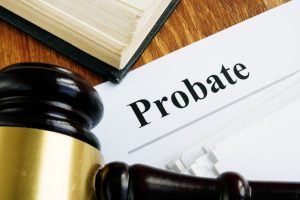
A warranty deed or special warranty deed may be used in certain situations to provide stronger assurances that the title is clear of any encumbrances or claims. These deeds offer greater protection for beneficiaries but may require additional title research and legal documentation. Selecting the correct type of deed ensures a smooth and legally secure transfer, protects beneficiaries’ ownership rights, and helps avoid future disputes over property title.
Recording the Deed After Probate Transfer
After a property is transferred through probate in Florida, the new deed must be recorded with the county clerk’s office where the property is located. Recording the deed provides public notice of ownership, establishing the beneficiaries’ legal title and protecting against future disputes. The deed must be properly signed, notarized, and may require payment of documentary stamp taxes or filing fees. Recording completes the transfer process and ensures the heirs have clear, enforceable ownership.
Call a Probate Lawyer to Help with Deed Transfers

The Estate Plan Top Rated Lawyer Peter Dyson
A probate lawyer plays a vital role in ensuring that property transfers after probate are handled correctly. They guide the personal representative through preparing, reviewing, and executing the new deed, ensuring it complies with Florida law. Probate attorneys also assist with notarization, proper legal descriptions, and recording the deed with the county clerk’s office. Additionally, they can help resolve title issues, address liens, and prevent disputes among heirs. By working with a probate lawyer, beneficiaries can achieve a smooth, legally sound transfer, protecting their ownership rights and avoiding future complications.
Call a probate lawyer today to ensure your property transfers are protected.
Frequently Asked Questions
Why is recording the deed important?
Recording the deed with the county clerk provides public notice of ownership, establishes clear legal title for beneficiaries, and protects against future disputes or claims.
What are common challenges in post-probate deed transfers?
Disputes among heirs and tax issues are common challenges you may need to deal with, even as probate draws to a conclusion.
How does recording affect property taxes?
When the deed is officially recorded with the county clerk, the county property appraiser is notified of the change in ownership.
How do I choose the correct deed for my situation?
Choosing the correct deed after probate in Florida depends on the level of protection you want for the beneficiaries and the specific circumstances of the property transfer.
Have questions about how to get started on your estate plan or estate needs?
Have questions about how to get started
on your estate plan or estate needs?
Contact the experienced estate planning professionals at The Estate Plan
by calling us at (305) 677-8489.
Contact the experienced estate planning professionals at The Estate Plan by calling us at
(305) 677-8489.

